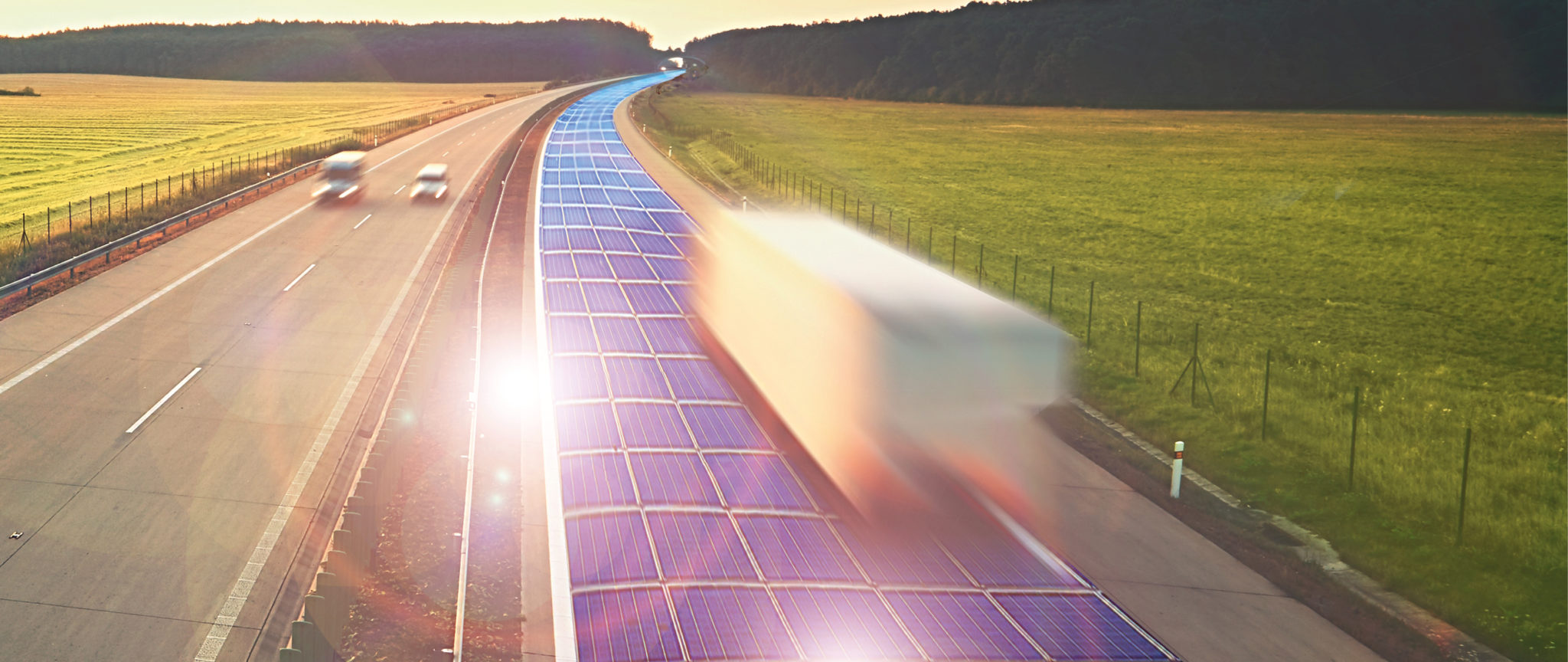In its latest report, Toyota Material Handling emphasizes that energy storage will become a critical concern as electrification gains momentum.
High-Capacity Batteries: The Future of Energy Infrastructure
The Trends in Logistics 2024 report from Toyota Material Handling stresses that as companies transition to electric vehicles and battery-powered equipment, effective energy storage will be vital. The report argues that high-capacity batteries could play a crucial role in the UK’s future energy strategy, potentially powering entire industrial sites—or even cities—during times when renewable sources aren’t available.
“There is no doubt that high-capacity batteries will become a part of the overall energy landscape,” said Gary Ison, product development manager at Toyota Material Handling. “Battery manufacturers and OEMs are racing to develop batteries capable of powering electric vehicles like forklifts for extended periods while also storing renewable energy for when the sun isn’t shining and the wind isn’t blowing.” The technology could be compared to Tesla’s Powerwall systems, but on a much grander industrial scale.
The Race to Develop New Battery Technologies
The report highlights rapid advances in battery technology, pointing out that materials such as silicone, graphene, and sodium are gaining attention. Despite this, the much-hyped solid-state batteries—widely considered the future—remain expensive and difficult to produce, delaying their widespread use. This situation echoes the electric vehicle market, where models like the Tesla Model 3 and Nissan Leaf continue to rely on traditional lithium-ion batteries despite the potential of newer technologies.
Alternative Fuels Gaining Traction
In addition to advancements in batteries, Toyota’s report also highlights the growing interest in alternative fuels. Hydrotreated vegetable oil (HVO) and hydrogen are becoming popular among operators of large fleets. Hydrogen fuel cells, for example, are already in use in high-demand environments such as Amazon warehouses, where fast refueling and emission-free operation are critical. Ison explained, “For companies with access to on-site hydrogen supplies, fuel cells can be refueled in just a few minutes and enable emission-free operations.”
Grid Capacity and Renewable Energy Availability Remain Concerns
Despite the optimism around new technologies, the report warns of ongoing concerns regarding grid capacity and the availability of renewable electricity. These issues are familiar in the UK, where rising electric vehicle adoption has sparked fears of grid overload during peak times. Similar concerns could slow the logistics sector’s transition to electric power, potentially hindering the UK’s net-zero targets.
“Transitioning to sustainable energy sources is one of the most significant issues facing the supply chain sector,” said Ison. “While the shift from internal combustion engines to electric vehicles is well underway, grid stability and reliable electricity generation remain challenges.”
Navigating a Changing Energy Landscape
Toyota’s Trends in Logistics 2024 offers a snapshot of how the logistics industry is navigating the complexities of decarbonization and technological innovation. As the sector strives to balance ambitious climate goals with practical challenges, the report suggests that energy storage will be at the heart of the industry’s future.




